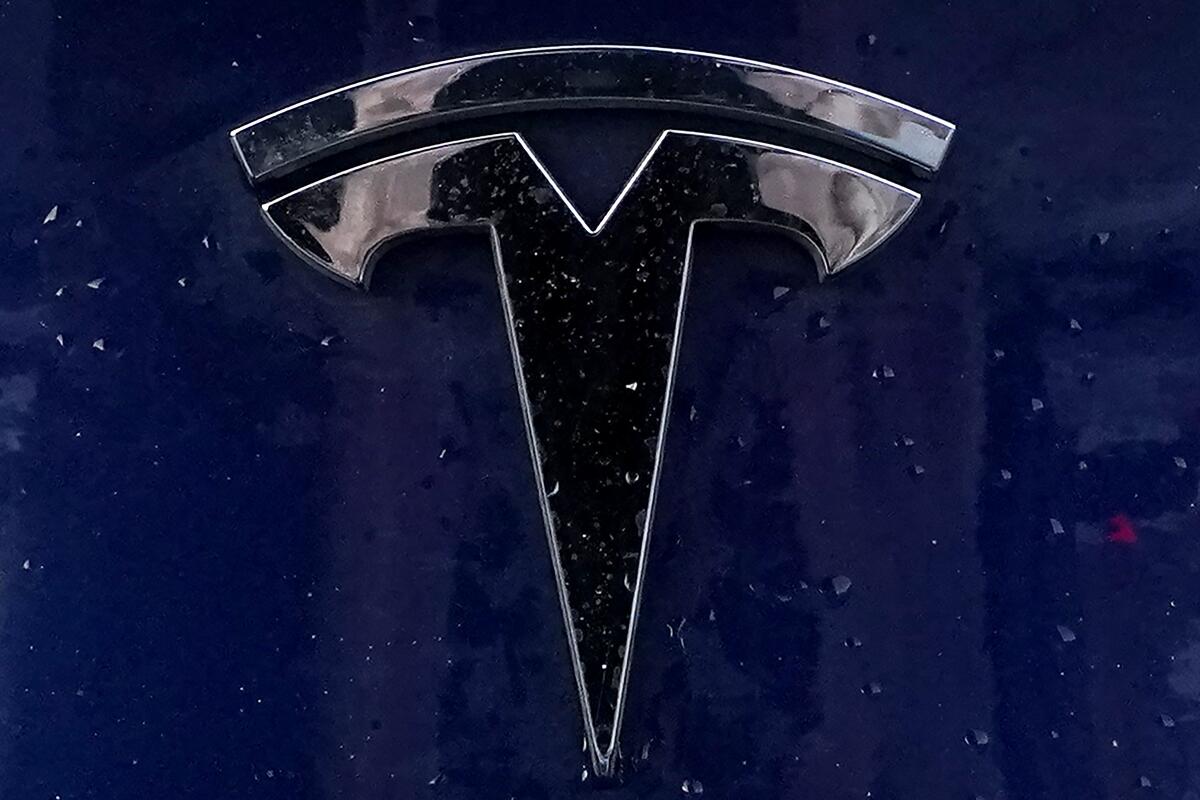Tesla recalling more than 125,000 vehicles to fix seat belt warning system

Tesla is recalling more than 125,000 vehicles to fix a seat belt warning system that may increase the risk of an injury in a collision.
The National Highway Traffic Safety Administration said that the recall includes certain 2012-24 Model S, 2015-24 Model X, 2017-23 Model 3, and 2020-23 Model Y vehicles.
CEO Elon Musk cited job overlap and the need to reduce costs. Bloomberg News estimated that the layoffs would affect more than 14,000 employees.
The seat belt warning system is supposed to provide audible and visual seat belt reminder signals to drivers to alert them that their seat belt isn’t fastened. The NHTSA said that on certain vehicles, the reminder signals were not going off at the time they were supposed to, a violation of federal safety requirements.
NHTSA said that as of Tuesday, Tesla had identified 104 warranty claims that may be related to the flaw. The company isn’t aware of any collisions, fatalities or injuries that may be related to the signals.
Tesla, which is headed by billionaire Elon Musk, plans to start deploying an over-the-air software update to the affected vehicles free of charge in June.
Last month Tesla recalled 3,878 of its 2024 Cybertrucks after it discovered that the accelerator pedal can become stuck, potentially causing the vehicle to accelerate unintentionally and increase the risk of a crash.
In February, NHTSA announced the recall of nearly 2.2 million Tesla vehicles sold in the United States because some warning lights on the instrument panel are too small. The agency also said at the time that it had upgraded a 2023 investigation into Tesla steering problems to an engineering analysis, a step closer to a recall.
In April, NHTSA said it was investigating whether last year’s recall of Tesla’s Autopilot driving system did enough to make sure drivers pay attention to the road.
Chapman writes for the Associated Press
More to Read
Inside the business of entertainment
The Wide Shot brings you news, analysis and insights on everything from streaming wars to production — and what it all means for the future.
You may occasionally receive promotional content from the Los Angeles Times.











